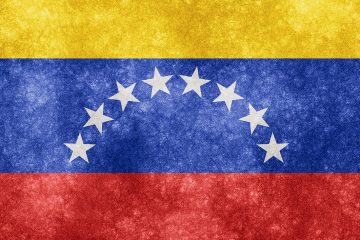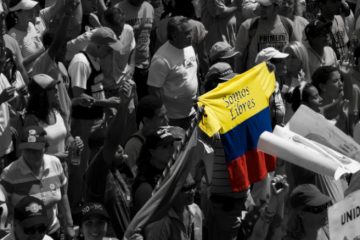
Will Venezuela transition to democracy this year?
On May 20th, Venezuelans are supposed to vote in a presidential election to decide over the fate of their crisis and conflict ridden country. Despite being nominally given the opportunity to choose, the way the Maduro government has set up the electoral process, committed fraud, repressed the opposition and systematically undermined the process of free and fair elections over the past years, all but guarantees authoritarian durability. This article addresses why a) a highly unpopular incumbent is likely to hold onto power, b) the opposition is justified in their decision to boycott the elections and c) how Venezuela might transition to democracy. Venezuela has transitioned from a weak democracy in 1998 to a failing dictatorship in 2018. Over the past …

Reset, Rethink, Restart: The Opposition’s only way out in Venezuela
In early hours of Monday, October 17th, after the announcement of the results of the regional elections, the Venezuelan opposition decried foul play and electoral fraud. Such accusations of course are very hard to prove in any case, and even more so in today’s authoritarian Venezuela. Yet, what’s done is done. The regime announced to have won 18 governorships, while the opposition appears to have only won five. Even if the fraud accusations were true, the only certainty, as of today, is that – although 83% of Venezuelans rejected President Maduro’s government as of August 2017 – Venezuela’s political map is still dominated by Chavismo. This latest episode of contested elections adds to the already high levels of political conflict …









